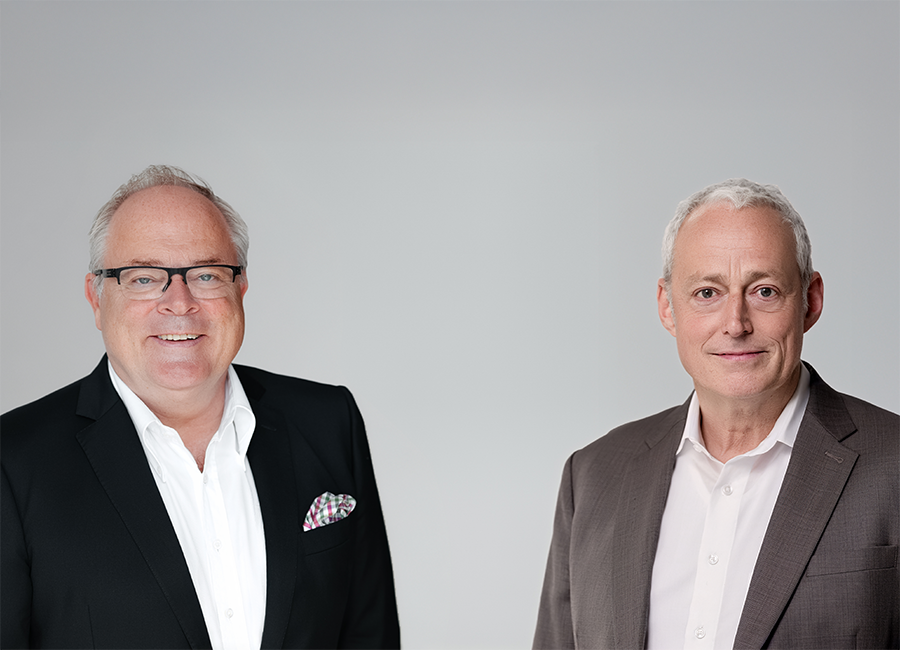
For small and medium-sized enterprises, 2025 was characterized by volatility, uncertainty, and a challenging financing situation—but at the same time by greater professionalism in planning and management. In this interview, enomyc founders Martin Hammer and Uwe Köstens explain why 2026 will be a year of change and which priorities in financing, capital efficiency, operational excellence, and technology are now crucial.
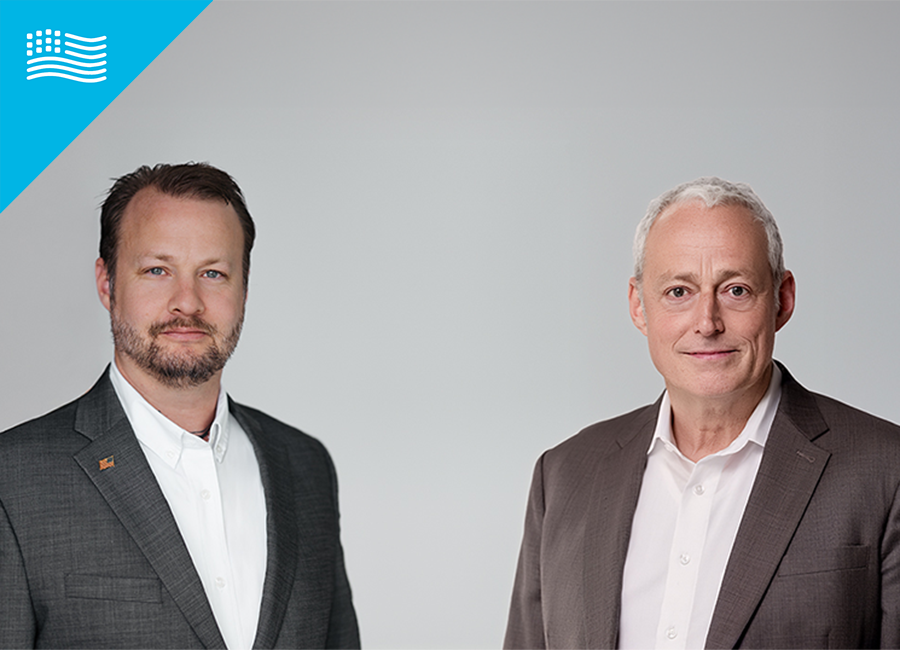
With the opening of its US office in Anderson, South Carolina, enomyc is taking an important strategic step in international consulting. In an interview, founder Martin Hammer and Managing Director Franz A. Wenzel explain why local American consulting expertise is a key success factor for the US market, what differences between European and American corporate and work culture are decisive, and how enomyc will provide even more targeted support to medium-sized companies in their global core markets in the future

Rising costs, a shortage of skilled workers, and dependence on Asia are putting pressure on Europe's small and medium-sized pharmaceutical companies. But while some are losing market share, others are using the crisis as an opportunity. Dr. Stefan Frings and Marius Stenzel show which five levers are now decisive for competitiveness and growth, from location strategy to digitalization.
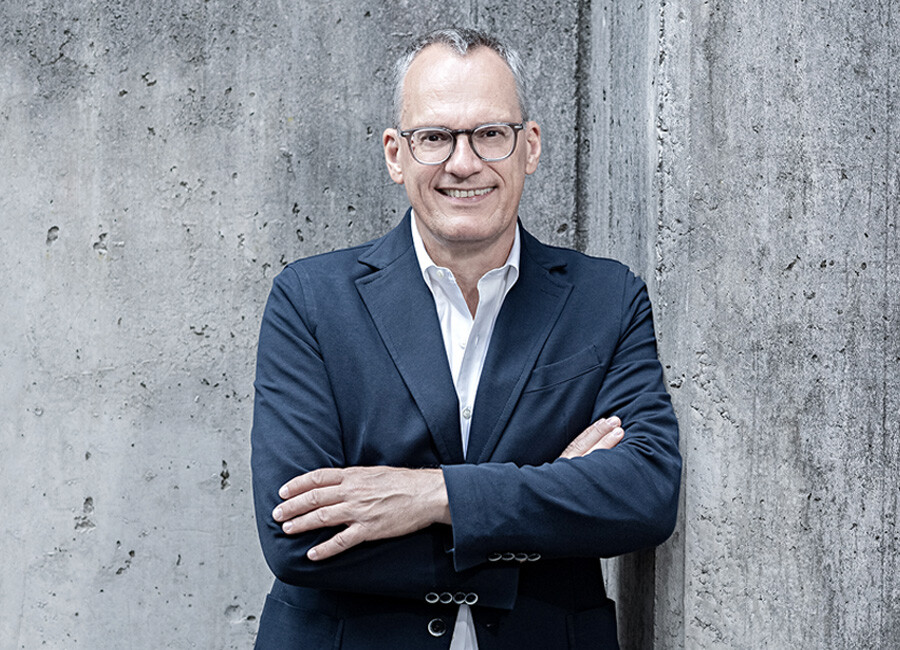
In times of high price sensitivity and declining brand loyalty, strategic pricing is more important than ever. But many companies are wasting potential: without clear pricing logic, without central responsibility—and without a focus on value. In this interview with Peter Klein, learn how companies can use professional pricing strategies to highlight customer benefits and grow more profitably.
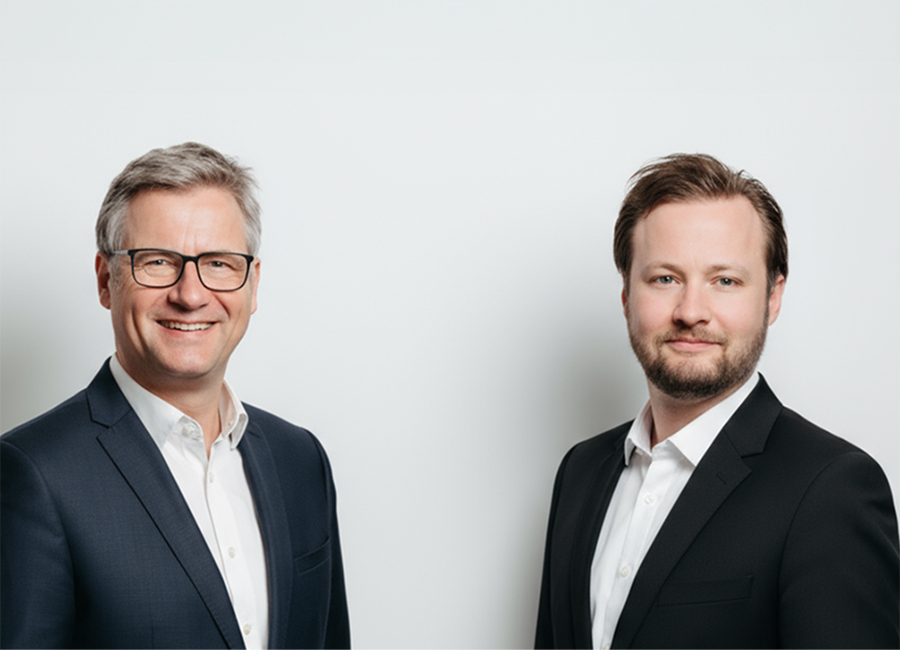
Artificial intelligence is putting pricing back in the spotlight for small and medium-sized businesses. This blog post highlights how modern technologies are refining pricing strategies, securing margins, and making sales processes more efficient. A conversation with our experts reveals the opportunities this presents for companies—and why it is now crucial to actively shape this change.

Whether large or small, virtually all companies must continuously adapt their production capacities to changing requirements. In a world where what seemed like an ironclad rule yesterday may no longer apply tomorrow, this is no easy task. In their article, enomyc experts Max Stehr and Christian Zeller explain what companies should pay attention to.

Wind power is booming – and under pressure at the same time: While approval figures are reaching new records, implementation is being delayed, costs are rising, and competition from China is growing. In their article, Dr. Stefan Frings and Viola Damberg analyze the current challenges along the entire value chain – from approval and component procurement to financing – and highlight strategies that operators can use to become more resilient, reduce dependencies, and tap into new potential.

High-performance battery storage systems are considered one of the prerequisites for a successful energy transition. Despite considerable gains in recent years, the market still offers significant growth opportunities—but also risks. Jan Holsten and Robert Schröder examine forecasts, framework conditions, and areas of application for battery storage systems in Germany.

The former monopoly on information held by sellers has given way to digital transparency. This has many advantages for buyers, but it also forces suppliers who want to grow to reorganize their sales processes. enomyc author Jan-Ulrik explains how the role of sales must change and what contribution it must make to successful customer acquisition.
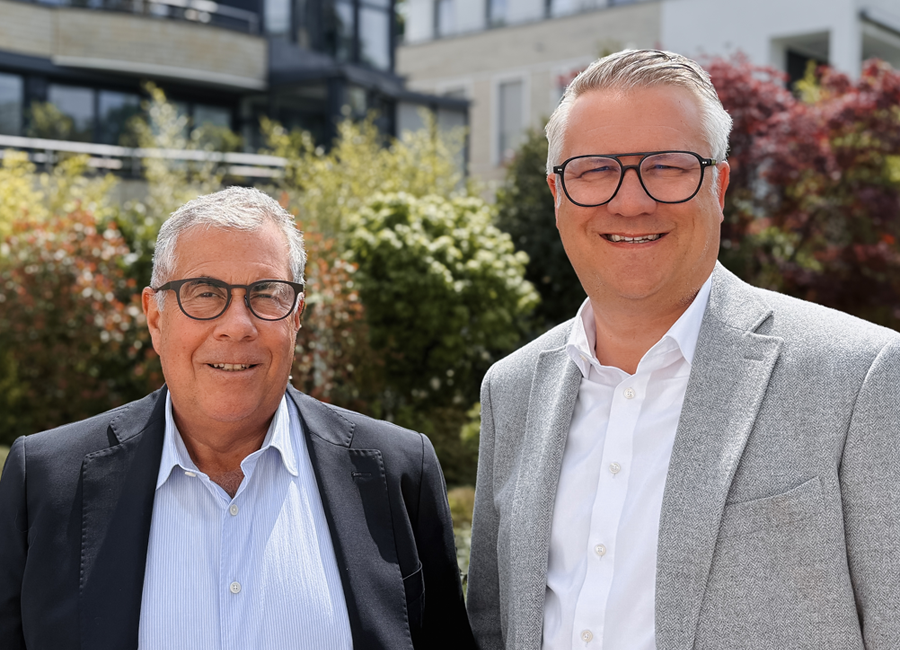
Diversifying activities beyond the core business and generating new business in new economic sectors: even well-positioned SMEs fail to meet the challenges of new markets. What makes diversification so problematic? Is it the principle itself? Does diversification fail in certain specific sectors or simply in its implementation? Two experts, Stefan Frings, partner at enomyc, and Jochen Markgraf, partner at Seitz Rechtsanwälte, examine the issue from the perspective of performance economics and corporate law.

The European battery industry is in crisis: gigafactory projects have been put on hold and capacity has been reduced. Yet demand for high-performance energy storage systems continues to grow. How can this recovery be achieved? Our experts present three concrete solutions for overcoming the crisis and explain why it is crucial to make the right decisions now to ensure success or failure. Discover how the European vision for batteries can still become a reality!

With his “tar hammer” announced a few days ago, US President Donald Trump has exceeded even the worst fears regarding his trade policy. One thing is clear: German SMEs that sell their products all over the world will also suffer from the high tariffs. This is a good opportunity to further expand your own competitiveness, says enomyc author Jan Ulrik Holsten.












